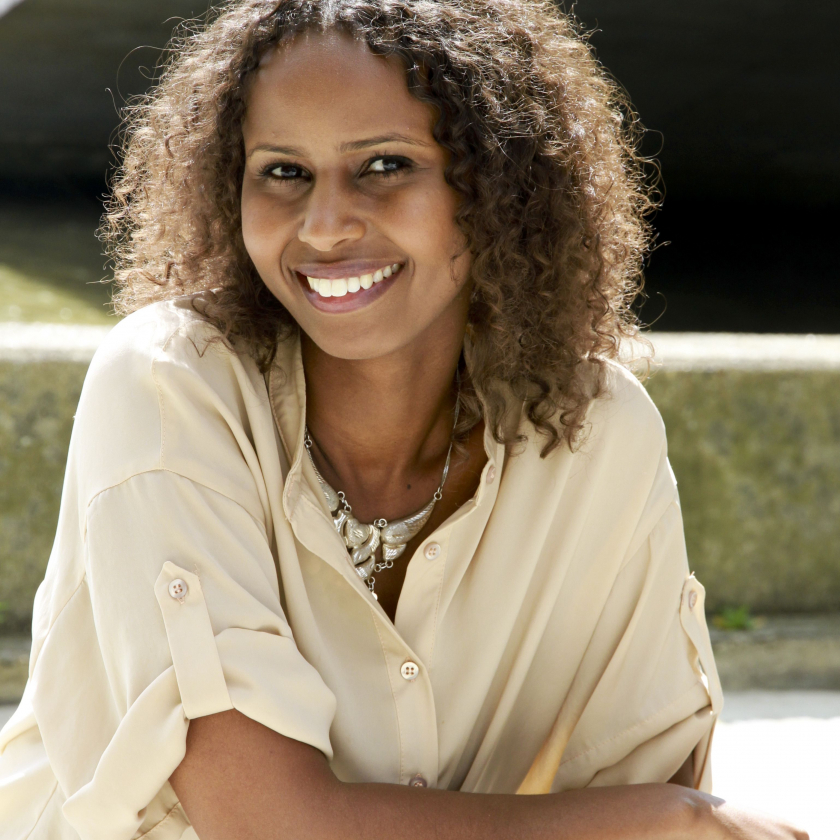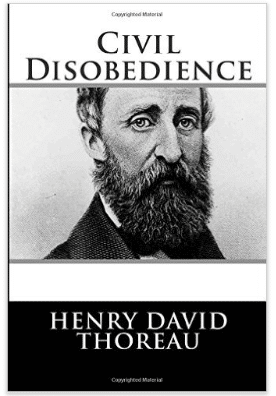

"I always remember the regent's axiom: a leader, he said, is like a shepherd. He stays behind the flock, letting the most nimble go out ahead, whereupon the others follow, not realizing that all along they are being directed from behind."
"Until then, I had never known anyone who married outside his tribe. We had been taught that such unions were taboo. But seeing Frank and his wife began to undermine my parochialism and loosen the hold of the tribalism that still imprisoned me. I began to sense my identity as an African, not just a Thembu or even a Xhosa."
"Fort Hare, like Clarkebury and Healdtown, was a missionary college. We were exhorted to obey God, respect the political authorities, and be grateful for the educational opportunities afforded to us by the church and the government. These schools have often been criticized for being colonialists in their attitudes and practices. Yet, even with such attitudes, I believe their benefits outweighed their disadvantages. The missionaries built and ran schools when the government was unwilling or unable to do so."
"Gold-mining on the Witwatersrand was costly because the ore was low grade and deep under the earth. Only the presence of cheap labor in the form of thousands of Africans working long hours for little pay with no rights made gold-mining profitable for the mining houses - white-owned companies that became wealthy beyond the dreams of Croesus on the backs of the African people."
"There is nothing like returning to a place that remains unchanged to find the ways in which you yourself have altered."
"I discovered for the first time people of my own age firmly aligned with the liberation struggle, who were prepared despite their relative privilege, to sacrifice themselves for the cause of the oppressed."
"I had no epiphany, no singular revelation, no moment of truth, but a steady accumulation of a thousand slights, a thousand indignities, a thousand unremembered moments, produced in me an anger, a rebelliousness, a desire to fight the system that imprisoned my people. There was no particular day on which I said, From henceforth I will devote myself to the liberation of my people; instead, I simply found myself doing so, and could not do otherwise."
"They reminded us that the freedom struggle was not merely a question of making speeches, holding meetings, passing resolutions, and sending deputations, but of meticulous organization, militant mass action, and, above all, the willingness to suffer and sacrifice."
"Malan's platform as known as apartheid. Apartheid was a new term but an old idea. It literally means 'apartness' and it represented the codification in one oppressive system of all the laws and regulations that had kept Africans in an inferior position to whites for centuries."
"I was first and foremost an African nationalist fighting for our emancipation from minority rule and the right to control our own destiny. But at the same time, South Africa and the African continent were part of the larger world. Our problems, while distinctive and special, were not entirely unique, and a philosophy that placed those problems in an international and historical context of the greater world and the course of history was valuable."
"As part of the M-Plan, the ANC introduced an elementary course of political lectures for its members throughout the country. These lectures were meant not only to educate but to hold the organization together."
"Nonviolent passive resistance is effective as long as your opposition adheres to the same rules as you do. But if peaceful protest is met with violence, its efficacy is at an end. For me, nonviolence was not a moral principle but a strategy; there is no moral goodness in using an ineffective weapon."
"As I listened to Conco and Luthuli, I thought that here, probably for the first time in their lives, the judges were listening not to their domestic servants who said only what they knew their masters would like to hear, but to independent and articulate Africans spelling out their political beliefs and how they hoped to realize them."
"Our mandate was to wage acts of violence against the state - precisely what form those acts would take was yet to be decided. Our intention was to begin with what was least violent to individuals but most damaging to the state."
"In each new country, I would initially seal myself away in our hotel familiarizing myself with information about the country's policies, history, and leadership. Robbie did the opposite. A natural extrovert, he would leave the hotel as soon as we arrived and hit the streets, learning by seeing and talking to people."
"In Liberia, I met with President Tubman, who not only gave me five thousand dollars for weapons and training, but said in a quiet voice, 'Have you any pocket money?' I confessed that I was a bit low, and instantly an aide came back with an envelope containing four hundred dollars in cash."
"In a way I had never quite comprehended before, I realized the role I could play in court and the possibilities before me as a defendant. I was the symbol of justice in the court of the oppressor, the representative of the great ideals of freedom, fairness, and democracy in a society that dishonored those virtues. I realized then and there that I could carry on the fight even within the fortress of the enemy."
"Two days before Judge de Wet was due to give his decision, the U.N. Security Council (with four abstentions, including Great Britain and the United States) urged the South African government to end the trial and grant amnesty to the defendants."
"That night, as I lay on the mat on the floor of my cell, I ran over the reasons for de Wet's decision. The demonstrations throughout South Africa and the international pressure undoubtedly weighed on his mind."
"The campaign to improve conditions in prison was part of the apartheid struggle. It was, in that sense, all the same; we fought injustice wherever we found it, no matter how large, or how small, and we fought injustice to preserve our humanity."
"But the human body has an enormous capacity for adjusting to trying circumstances. I have found that one can bear the unbearable if one can keep one's spirits strong even when one's body is being tested. Strong convictions are the secret of surviving deprivation; your spirit can be full even when your stomach is empty."
"It was a useful reminder that all men, even the most seemingly cold-blooded, have a core of decency, and that if their heart is touched, they are capable of changing. Ultimately, Badenhorst was not evil; his inhumanity had been foisted upon him by an inhuman system. He behaved like a brute because he was rewarded for brutish behavior."
"Kruger seemed as ignorant of these episodes in the history of his own people as he was of the Freedom Charter. It is difficult to negotiate with those who do not share the same frame of reference."
"Black Consciousness was less a movement than a philosophy and grew out of the idea that blacks must first liberate themselves from the sense of psychological inferiority bred by three centuries of white rule. Only then could the people rise up in confidence and truly liberate themselves from repression."
"My first experience in the garden was at Fort Hare where, as part of the university's manual labor requirement, I worked in one of my professor's gardens and enjoyed the contact with the soil as an antidote to my intellectual labors."
"An oppressive system cannot be reformed, I said, it must be entirely cast aside."
"I did not dwell on the prospect of my release, but on all the many things I had to do before then. As so often happens in life, the momentousness of an occasion is lost in the welter of a thousand details."
"I felt - even at the age of seventy-one - that my life was beginning anew. My ten thousand days in imprisonment were over."
"I was asked as well about the fears of whites. I knew that people expected me to harbor anger toward whites. But I had none. In prison, my anger toward whites decreased, but my hatred for the system grew. I wanted South Africa to see that I loved even my enemies while I hated the system that turned us against one another."
"What struck me so forcefully was how small the planet had become during my decades in prison; it was amazing to me that a teenaged Innuit living at the roof of the world could watch the release of a political prisoner on the southern tip of Africa. Television had shrunk the world, and had in the process become a great weapon for eradicating ignorance and promoting democracy."
"On the evening of May 2, Mr. de Klerk made a gracious concession speech. After more than three centuries of rule, the white minority was conceding defeat and turning over power to the black majority."
"Perhaps it requires such depth of oppression to create such heights of character. My country is rich in the minerals and gems that lie beneath its soil, but I have always known that its greatest wealth is its people, finer and truer than the purest diamonds."
"In that way, my commitment to my people, to the millions of South Africans I would never know or meet, was at the expense of the people I knew best and loved most. It was as simple and yet as incomprehensible as the moment a small child asks her father, 'Why can you not be with us?' And the father must utter the terrible words: 'There are other children like you, a great many of them...' and then one's voice trails off."
"Freedom is indivisible; the chains on any one of my people were the chains on all of them, the chains on all of my people were the chains on me."





